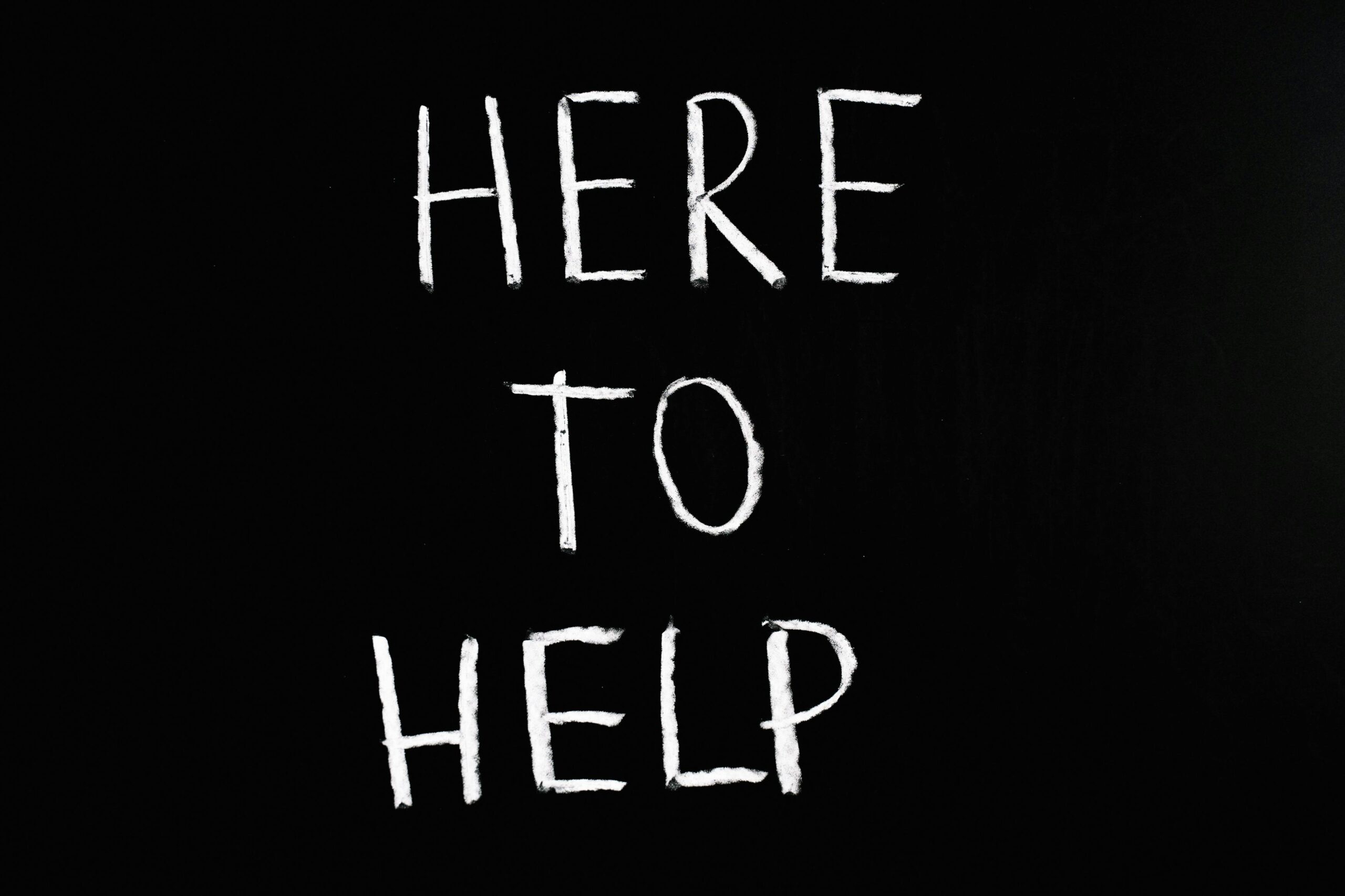Cultivate a Supportive Environment
While lacking a traditional support structure may present challenges, cultivating a supportive environment can significantly enhance your recovery journey.
Surround yourself with positive influences, whether it’s supportive friends, family members, or mentors who encourage your sobriety and offer emotional support.
Even if your immediate circle isn’t conducive to your recovery efforts, seek out alternative sources of support, such as community organizations, religious or spiritual groups, or sober living communities. These environments provide opportunities to connect with like-minded individuals who understand your struggles and can offer guidance and encouragement.
Additionally, consider making changes to your living environment to minimize triggers and temptations.
Removing substances from your home, avoiding places associated with past substance use, and creating a structured daily routine can all contribute to a supportive and conducive environment for recovery.
By surrounding yourself with supportive individuals and creating a nurturing environment, you can strengthen your resilience, enhance your motivation, and increase your chances of long-term success in overcoming addiction, even in the absence of a traditional support structure.
Remember, you have the power to shape your environment and build a life that supports your journey toward healing and sobriety.
Stay Persistent and Patient
Recovery is rarely a linear process, and setbacks are a natural part of the journey. It’s important to approach recovery with patience, perseverance, and self-compassion, recognizing that change takes time and effort.
Celebrate small victories, learn from setbacks, and remain committed to your recovery goals, even when faced with challenges.
Final Thoughts
Overcoming addiction without a support structure may seem daunting, but it’s entirely possible with the right approach and resources.
By acknowledging the problem, seeking professional assistance, utilizing hotlines and online support groups, exploring self-help resources, establishing healthy habits, and staying persistent and patient, individuals can take meaningful steps toward recovery.
While the road to recovery may be challenging, it’s important to remember that you’re not alone. There are people, resources, and organizations dedicated to helping individuals overcome addiction and reclaim their lives. With determination, support, and a willingness to change, healing and transformation are within reach.









